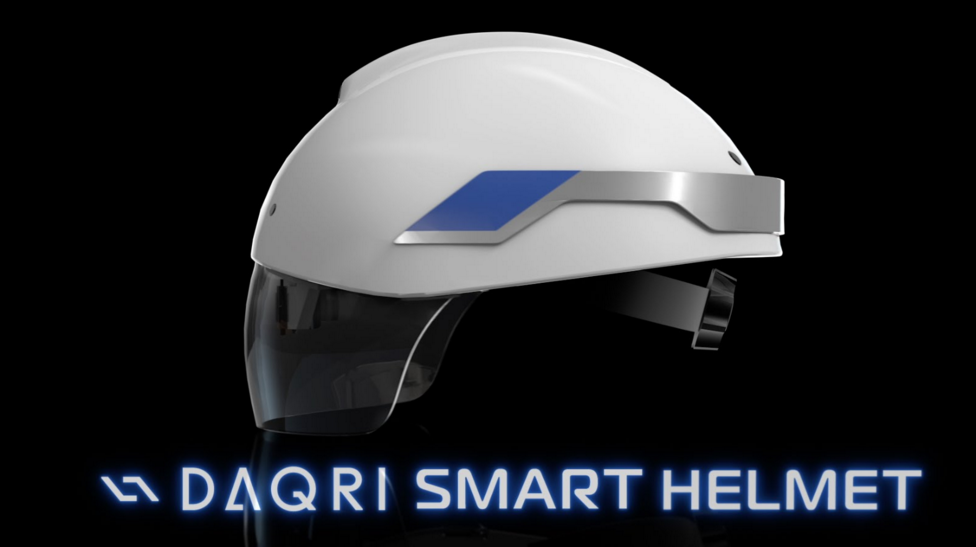DAQRI is the human-machine interface company changing the future of work.
The Daqri, which made an appearance during Intel’s keynote this week, and which, importantly, is actually shipping, doesn’t just look futuristic. It acts the part, too, with a heads-up display that makes a construction site an augmented reality playground. The Intellitrack system uses 360-degree navigation cameras to analyze environments, which in practice means you get something close to X-ray vision on the job site. Intel’s contribution takes the form of an M7 chip and a RealSense camera. The real star, though, is the helmet itself, which shows that augmented reality has its most useful real-life applications not in video games and content distribution, but in bringing a touch of the future (and with it, convenience, safety, and smarts) to the everyday workplace.
Daqri’s Intellitrack AR software shows the wearer real-time information, including work instructions, safety information and mapping, which the firm claims will maximise safety, productivity and well-being for workers in a variety of industrial applications, such as on construction sites.
Predator-style X-ray vision is also included. This thermal imaging technology can, for example, let a worker see through pipes that might be faulty, which can be picked up by the RealSense camera.
After getting up close and personal with the Daqri Smart Helmet, we watched a demonstration of the RealSense-equipped Yuneec Typhoon H, mainly because we couldn’t find our way out of the expansive Intel stand.
Intel’s 3D imaging technology means that the Typhoon H isn’t your average consumer drone. In fact, according to Intel, the spider-like device boasts “the most advanced collision avoidance system” yet seen in a drone, which means it can follow you around in real time, sense the environment and even navigate around obstacles in its course.
Video Credit: Interesting Engineering



